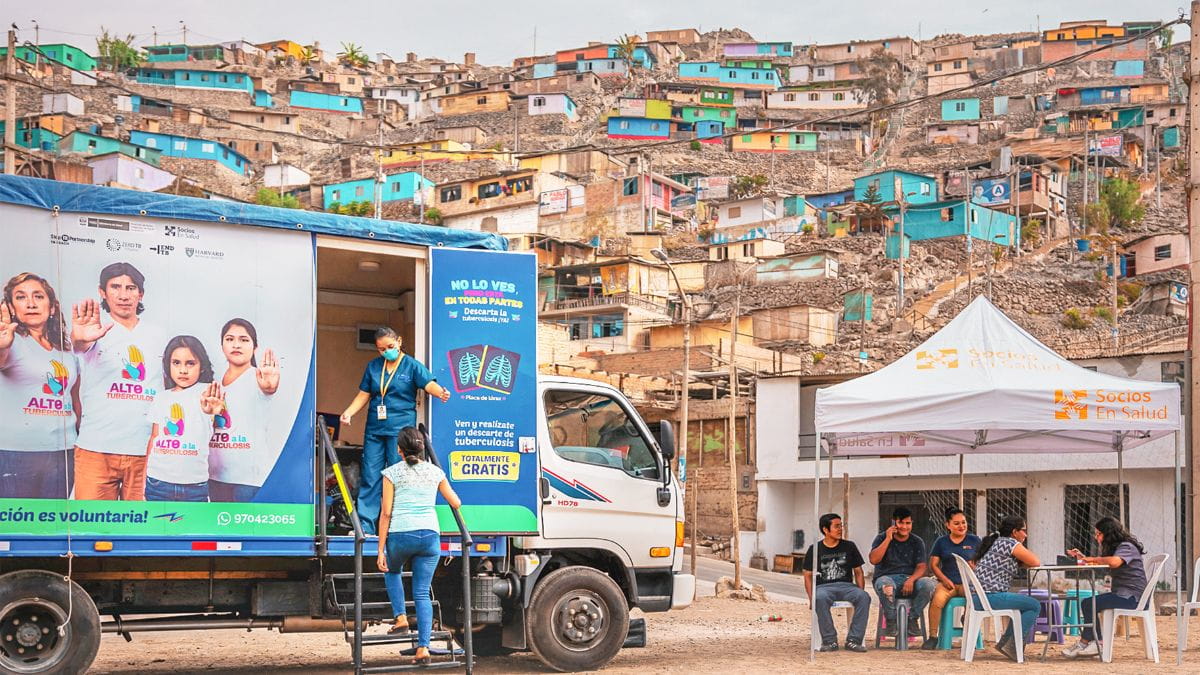
Being a good corporate citizen is no longer a “nice-to-have” for any business worldwide. Long gone are the days when companies could “do good, and talk about it,” often in terms of philanthropy and public relations campaigns. No disclosures, no metrics, no information on compliance.
Even before the COVID-19 pandemic, corporate investment had largely moved away from funding R&D for intractable killers like malaria, antimicrobial resistance and tuberculosis.
Roland Sackers, Chief Financial Officer and Managing Director
QIAGEN is among the companies actively exploring new models to make sustainable investments in global health.
Roland Sackers, Chief Financial Officer and Managing Director
Epidemiologists say the early warnings of the next pandemic will likely come from resource-constrained locations.
Roland Sackers, Chief Financial Officer and Managing Director
Sustainable investment will yield returns that can be measured across many bottom lines – most crucially a better quality of life for millions of people around the world.
Roland Sackers, Chief Financial Officer and Managing Director

Roland Sackers, Chief Financial Officer and Managing Director
Roland Sackers has been Chief Financial Officer of QIAGEN N.V. since 2004. Mr. Sackers serves as Vice Chair of the Supervisory Board of Evotec SE, a publicly listed biotech company based in Germany. He is also a member of the Board of the industry association BIO Deutschland. Roland earned his Diplom-Kaufmann from the University of Muenster in Germany.




